EIFF 2019 Review – Liberté: A Call to Spy – “A remarkable film”
Directed by Lydia Dean Pilcher
Starring Sarah Megan Thomas, Stana Katic, Radhika Apte, Linus Roache, Rossif Sutherland, Andrew Richardson
This is a rare beast – an Indy WWII spy film, which is, I’m pleased to note, heavily female-centric, both in front of and behind the camera. Liberté had its premiere at the Edinburgh International Film Festival this weekend, including a good Q&A session with some of the film-makers and cast afterwards, and went down very well with the festival audience. While there have been many World War II spy films over the years, it is rare to see the female agents being foregrounded (the classic Carve Her Name With Pride sprang to mind, but not many others).
Pilcher’s movie, working from a script by Thomas (who also stars in the film as Virginia Hall), is inspired by real-life women who answered the call during the desperate days of the Second World War, as F-Section of the British SOE (Special Operations Executive) are attempting to infiltrate agents into Occupied France, despite knowing the far from favourable odds against survival. And they all know that if their cover is blown and they are arrested by the Nazis or Vichy regime, death is possibly the last of their worries, they will almost certainly face torture before any execution as spies. And yet these remarkable women still saw this as vital work that needed to be done and volunteered.
Two of the main agents we follow, Virginia Hall (Thomas) and Noor Inayat Khan (Apte) are among the first wave of women being sent into the field; you may be familiar with their names as both are based on real-life agents who risked all to ensure victory against the Nazis. Even if you have some familiarity with the real history, as I did, it doesn’t remove the excruciating sense of mounting tension that the film builds. Even before they have graduated from training in wartime Britain we’ve glimpsed a little of the mountain they have to climb, from the rampant sexism of the era through to a truly harrowing mock-torture scene designed to prepare the women for the sort of treatment they may face if captured by the Gestapo.
Noor, descended from Indian royalty is a gentle soul, but determined she must help fight the evil of Nazism, Virginia, an American in London (before the entry of the USA into the war) has been trying to become a diplomat but is repeatedly rejected by the State Department, partly on gender lines but also because she has an artificial limb (a leg lost during a hunting accident). Stana Katic’s Vera Atkins, technically a secretary at this point to F Section’s head Maurice Buckmaster (Roache), but really a manager of the department’s affair, pushes for the inclusion of more women agents in the field, and selects these women, among others, for that important first wave.
Katic’s Atkins is a complex character – she and her mother had fled the growing Nazi menace in Europe before the war, and she was not at this point a British citizen, and also concealing her Jewish heritage (anti-Semitism was pretty rampant in the era), mourning a lover posted as “missing in action”, and Katic has to convey all of this, the tightrope Atkins is walking every single day, in addition to the conflicting emotions her work is causing her. She is determined the women can and should be doing field work, and pushes them and supports them and fights their corner for their chance to show what they can do, but she is also racked with worry and guilt, knowing that some of those she is sending into the lion’s den are not going to come home. Noor’s pacifist, gentle upbringing clash with her compulsion to do all she can to fight evil, and also to show what Indians can accomplish (in the paternalistic, racist Imperial era), while Virginia’s determination that her disability will not stop her from fighting the good fight, despite being in constant physical pain, is nothing less than astonishing.
It’s a complex, competing stew of emotions from these three leading actors (the male actors, such as Roache’s Buckmaster or Rissman’s Klaus Barbie – the infamous “Butcher of Lyons” – also given strong performances but the emphasis, clearly, is on these three women). And that’s before factoring in the raw, unrelenting tensions of their work behind enemy lines, the constant looking over their shoulders, moving from safe house to safe house, never being able to be certain who they can trust and who they should be more wary of, aware all the time that anything may give them away, that any person they are dealing with may betray them as the Nazis and collaborating Vichy authorities hunt for them, and this is all happening within an SOE department that is learning the basics of how to operate agents in Occupied Europe, and learning the hardest way.
I found this to be a remarkable film – despite an indie budget, clever use of locations and a lot of help means that you would never think that while watching the Liberté (Pilcher and Thomas both talked after the film about the generous assistance they had in obtaining some excellent locations and other necessary pieces thanks to a variety of helpers, there was a very warm sense of collaboration by so many to get this film made). That evocative 1940s wartime setting is beautifully shot, the narrative is tight and tense, the emphasis on the women’s roles is handled with power and also a huge sense of respect (the actors spoke to the audience afterwards about their compulsion to do right by the real historical women their characters are based on).
Liberté, while of course a period piece, like many period pieces also has parallels to our own troubled times, from the way women are treated and portrayed in our #MeToo era to the notion of “resistance” to the advance of the black-shirted forces of intolerant darkness, the need for us all to make a stand, to swallow our fear and still carry on. It’s an engrossing, tense spy thriller, a heavy emotional experience, and comes with some exceptional performances from the three women leads, the story having added force knowing that it is based on real events (can any of us imagine what we would have done under those desperate conditions? Would we have volunteered? Would we have been as brave as these women?). Liberté is a powerful piece of indie cinema, and highly recommended.

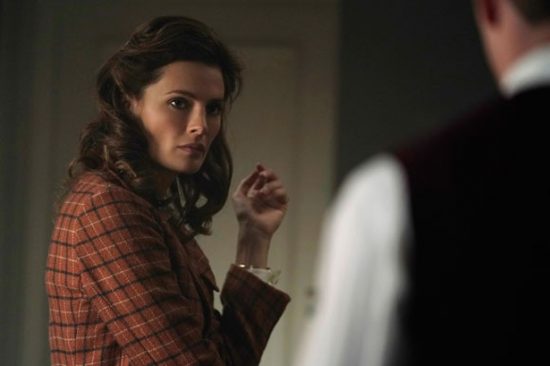
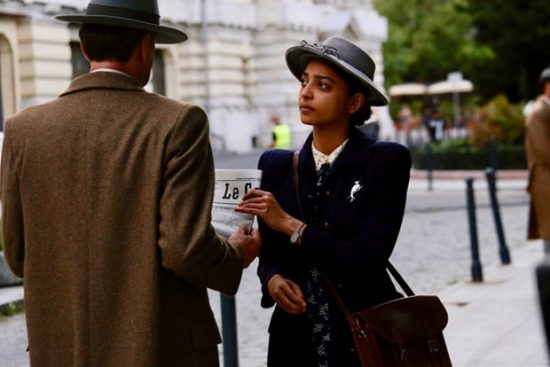
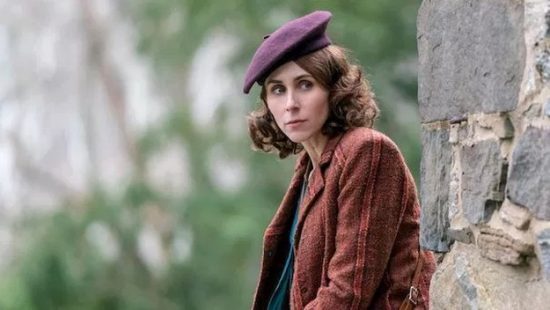
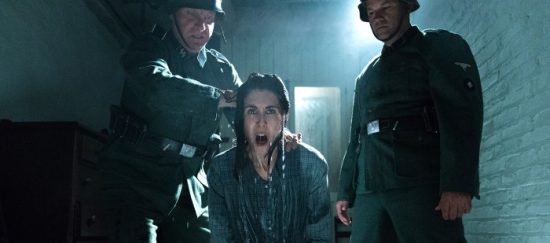
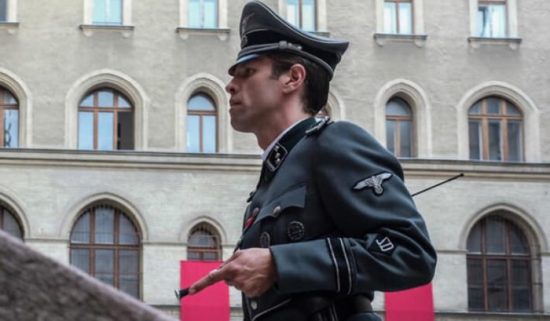









I would like to know what the movie is actually about… everything I click on is “women spies” heavy on the female pride side. But wth is the movie about?… what is it?
A relevant film in our time, focusing not on visual action, but on character and individual choices. The film spotlights three women who served with honor during WWII. The script is simple, yet rich in substance without embellishment, unfolding within a tightly-knit rhythm and tone that allow the viewer to enter into the characters’ world, and to sense the gnawing angst of fear amidst the decimation of life during wartime.